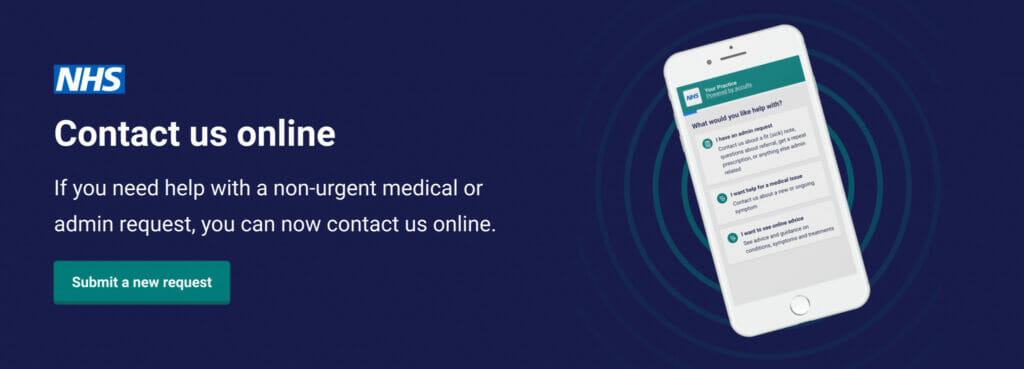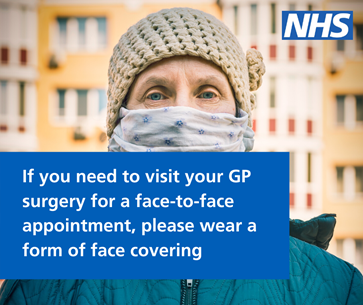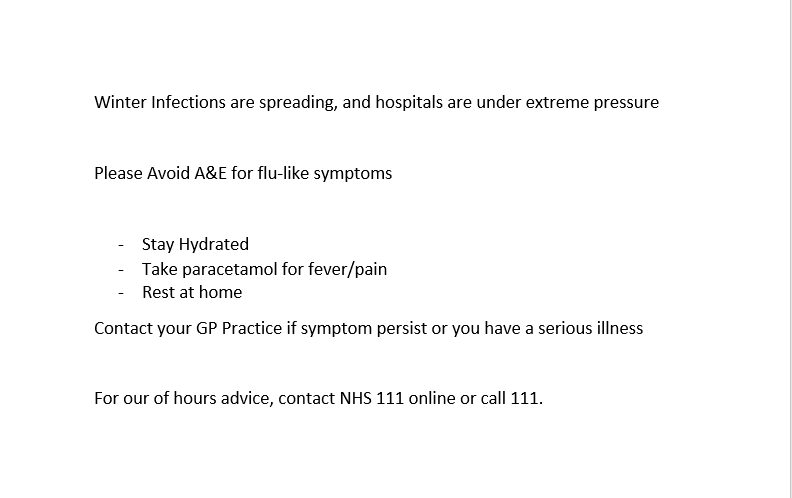
You can now register online at Distington Surgery. Please click the link or scan the code on the poster below to register.
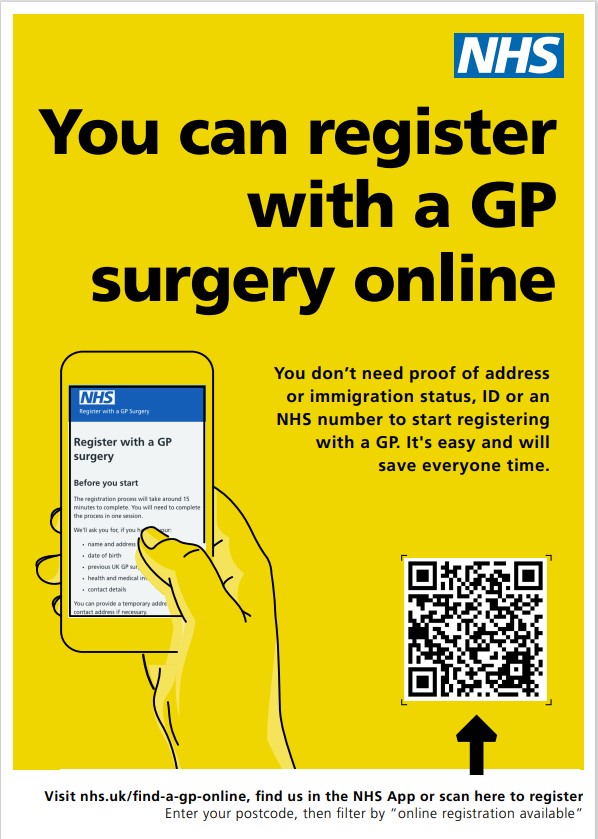

Latest News
We are officially OUTSTANDING
1st April 2023CQC’s Deputy Chief Inspector of General Practice in the North, Alison Holbourn says: “This is an exceptional practice that is […]
New Online Consultation Service
1st April 2023We have an online consultation service available for routine medical queries which do not require urgent medical assistance. To access […]
From NHS Digital
21st June 2021Withdrawal of Data Provision Notice 19/07/2021 Further to the announcement made 8 June, the implementation of GP Data for Planning […]
Subscribe to our Latest News!
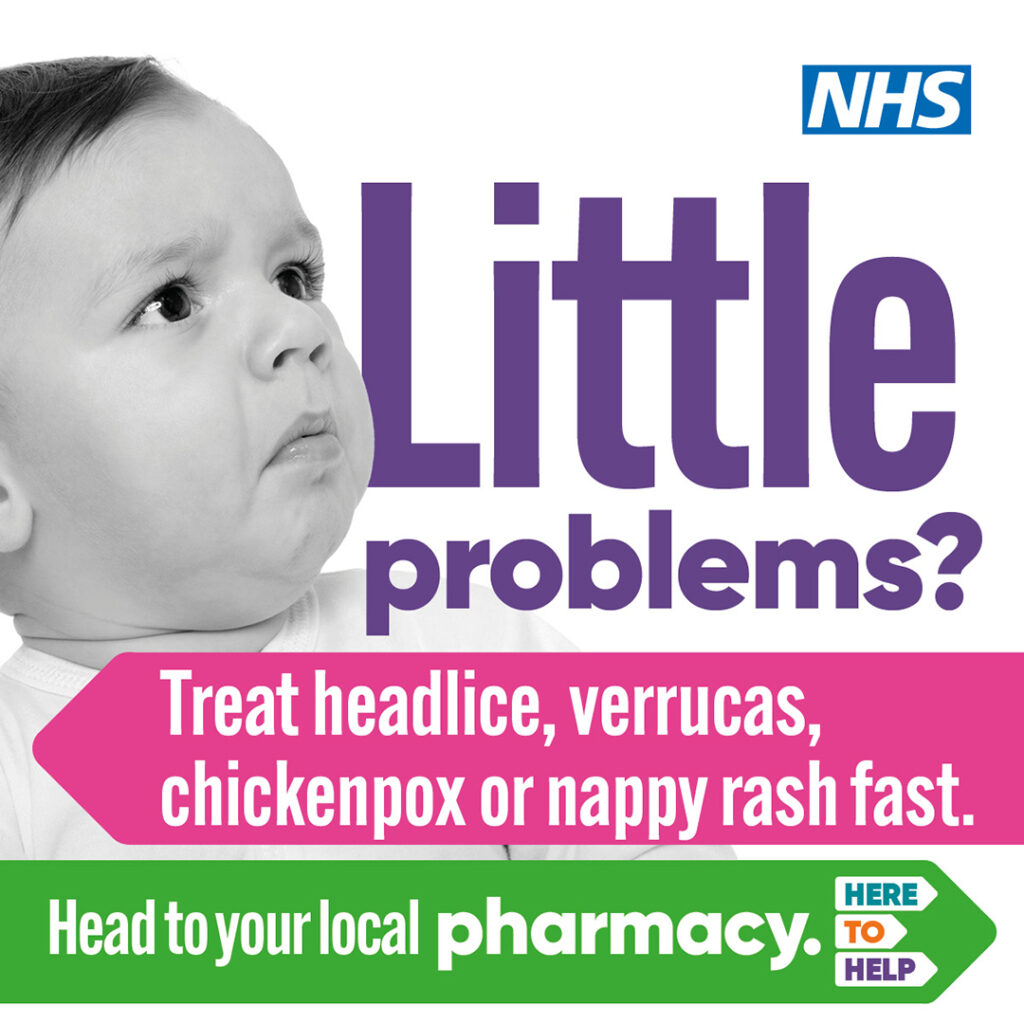
Got an…itch, tummy trouble, tickly cough ….. head to your local pharmacy!
Pharmacies across the North East and North Cumbria can offer advice and treatment for many common health conditions. There’s no need for a GP appointment – just head to your local pharmacy.
Pharmacists are qualified experts in healthcare and can help with a wide range of common illnesses.
Who can use this service?
Anyone. The service is available for all adults and children, in participating pharmacies, across the North East and North Cumbria.
Why should I go to a pharmacy, instead of my GP practice?
Local community pharmacists are trained to treat common conditions. They offer a confidential and high-quality service designed to meet your needs. You can walk in with no appointment needed and speak in confidence. Most pharmacies have private consultation rooms available.

Which pharmacy can I go to?
Most pharmacies across the North East and North Cumbria offer the common conditions service. Ask your local pharmacy for more details.
What will the pharmacist ask me?
The pharmacist will ask you questions about:
- your symptoms
- your current medication
- history of ailments
- any other illness you have
The answers will help the pharmacist to advise and treat your condition.
Will I always get treatment for my condition?
You will be given treatment if necessary.
Your pharmacist may decide that you need further advice/treatment and can signpost you to another service or contact your GP practice directly, to book you an appointment.
IMPORTANT INFORMATION Your pharmacist will provide treatment and/or advice under the common health conditions scheme, in line with the symptoms you have described. If your symptoms persist, you should seek further advice from your GP.
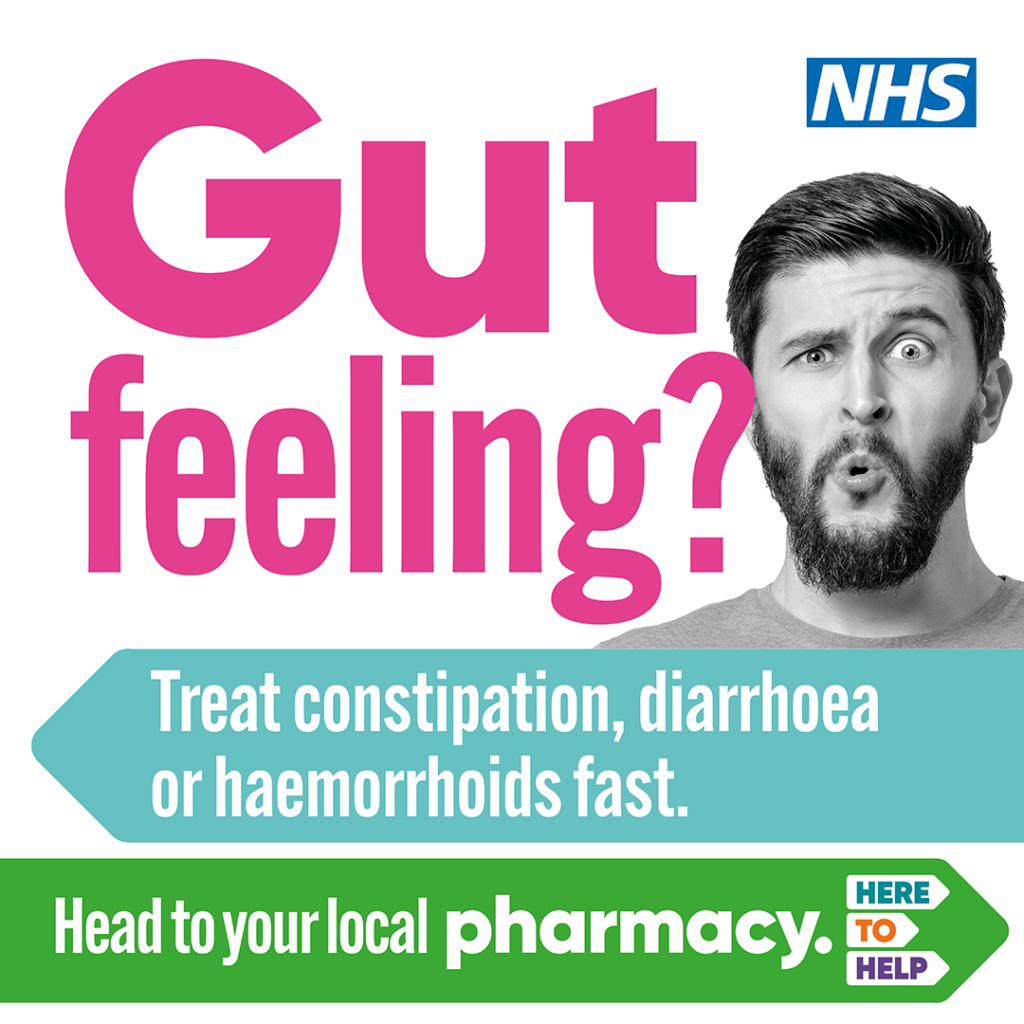
How it works
Step 1 – Pop along to your local pharmacy and talk to a health care professional about your illness and they will offer advice. Step 2 – If you need treatment, the pharmacist will check your eligibility and whether the illness is covered by the service Step 3 – A suitable medicine may be offered to you*
*Charges will apply if you normally pay for your prescriptions.*
If you hold a medical exemption certificate, for example people under 16 or over 60, then you will not pay for your medicine.
What health conditions are covered as part of this service?
- Aches and pains – back pain, headache, migraine, muscle ache, period pain, teething, toothache
- Allergies – bites and stings, hay fever, skin reaction
- Colds and flu – cough, congestion, sore throat, fever / temperature (including fever following immunisation)
- Ear care – earache, ear infection, ear wax
- Eye care – bacterial conjunctivitis, styes
- Gastrointestinal care – diarrhoea, constipation, indigestion, haemorrhoids (piles), reflux, threadworms, sickness • Head lice
- Mouth care – cold sores, oral thrush, ulcers
- Skin care – athletes foot, chicken pox, contact dermatitis / atopic eczema, fungal skin infections, nappy rash, pruritis, scabies, warts, verrucaes
- Vaginal thrush
Online Services
Get StartedYou can use the NHS App to check your symptoms and get instant advice, book appointments, order repeat prescriptions, view your GP medical record and more.
NHS Complaints
Make A ComplaintWe endeavour to give you the best service possible at all times; if, however, you feel this has not been the case and have a complaint or concern, please let us know. We operate a practice procedure as part of an NHS system for dealing with complaints.

